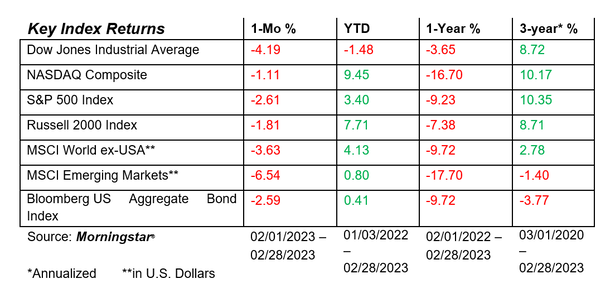Company |
Copyright © 2021, Reality Financial Planning Services, LLC. All rights reserved.
All rights herein are copyright protected and may not be reproduced without the express written permission of the copyright owner.
All rights herein are copyright protected and may not be reproduced without the express written permission of the copyright owner.

